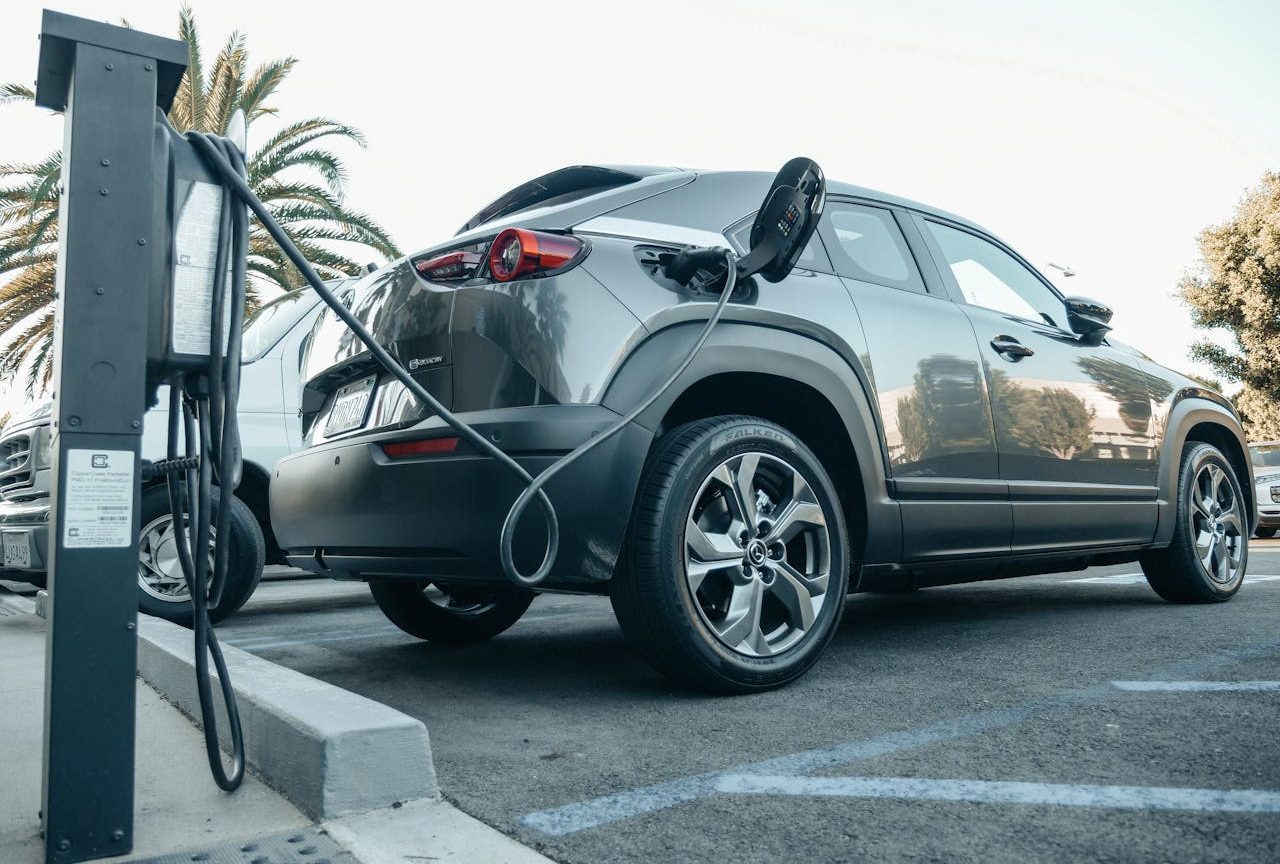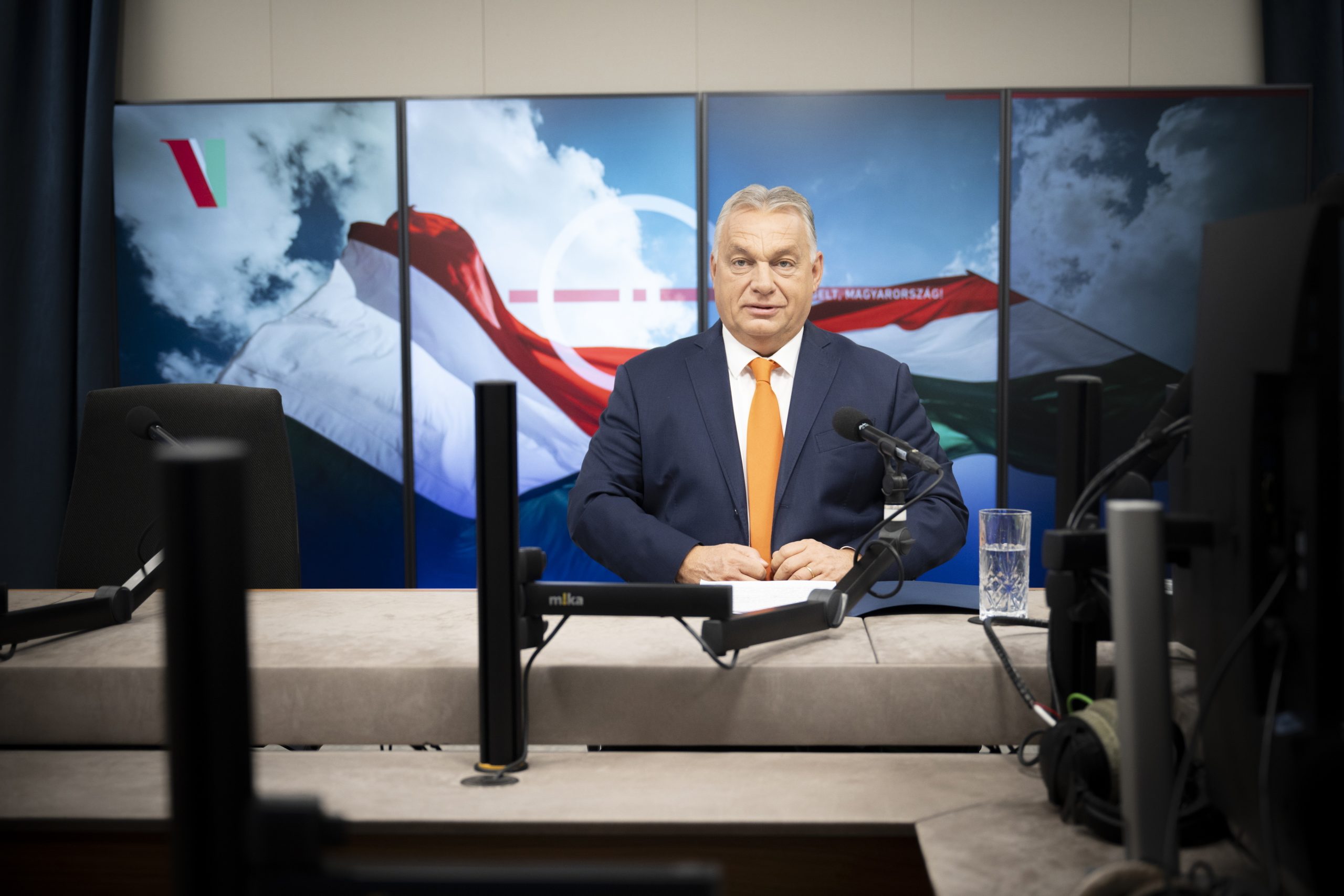
The European Automobile Manufacturers' Association has appealed to Brussels to reconsider next year's expectations.Continue reading

German car factories are not closing in Hungary, but are being upgraded, and the government is doing everything it can to ensure this, Hungarian Prime Minister Viktor Orbán said in a Friday morning interview for Kossuth Radio, noting that he also had talks with German business leaders this past week.
The European economy is in the process of falling apart because of bad economic policies in Brussels, whose decisions have led to higher energy prices, Viktor Orbán pointed out. “We have energy protection, the West does not. At the same time, high energy prices are affecting the lives of entrepreneurs, Magyar Nemzet quoted the Prime Minister as saying.
The question is how they can get Brussels to change its economic policy in order to increase competitiveness. Forcing this will not be Hungary’s job, because we are leaving the presidency in January, the Poles are coming,”
he said.
The Prime Minister noted that the French government had failed in Paris and the German government had also failed earlier. “We are talking about the governments of two of Europe’s biggest economies,” although, he added, the situation in France was “better.” Orbán pointed out that he had held talks in Hungary this week with several major players in the German economy, who are not happy because they are facing enormous difficulties. He said he had not seen for ten years “factories closing down in Germany, not one, not two, but many.”
“We must create a competitive situation so that Hungarian factories do not close down,” he added. He believes that investments should be valued and that
these factories will be upgraded because the Hungarian economic situation is more favorable for them.
As an example, the Prime Minister said that BMW is also building a factory in Debrecen.
On the situation regarding EU funds, the Prime Minister stressed that Hungary has more than €12.5 billion in its account, and that “it is up to us when we draw it down.” Contractors do the developments, submit the bill to the Hungarian government, they forward it to Brussels, which pays it out of the €12.5 billion.
This money will satisfy the needs of the Hungarian economy until the end of 2026. We are also entitled to money beyond that, we will have to get it,”
he pointed out.
Orbán added that Hungary will continue to receive EU funds after 2026. He said that “the money we have not received, we will get later,” because otherwise he would not agree to the adoption of the new EU budget.
Speaking about the parliamentary elections in Romania, Mr. Orbán emphasized that the Hungarian community had recognized the threat and had been able to take joint action to avert it. The Prime Minister added that “we are trying to establish friendly relations with Romania so that the Hungarians living there can enjoy a more moderate policy,” recalling that it was during the Hungarian EU Presidency that Romania’s Schengen membership was accepted, which he hoped would be a good starting point.
Via Magyar Nemzet, Featured image: MTI/Miniszterelnöki Sajtóiroda/Benko Vivien Cher